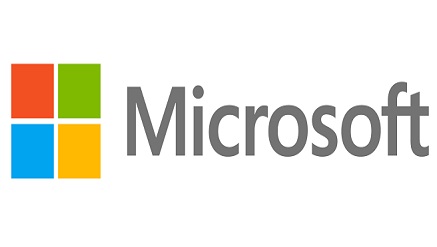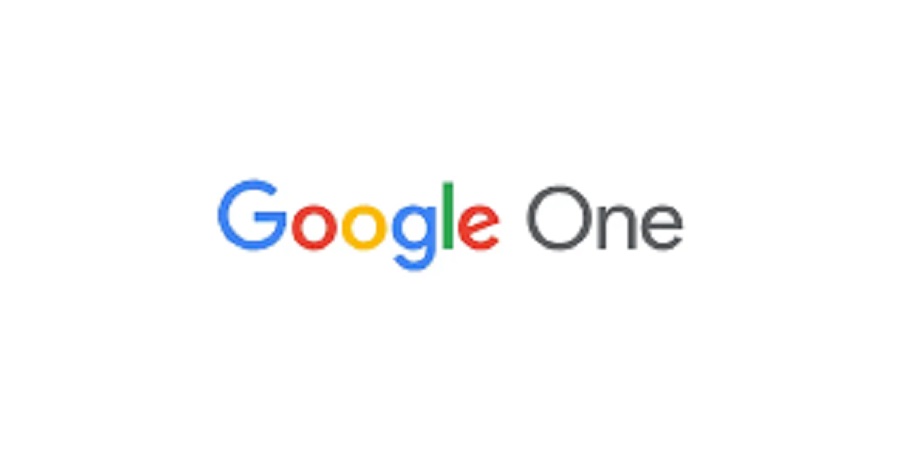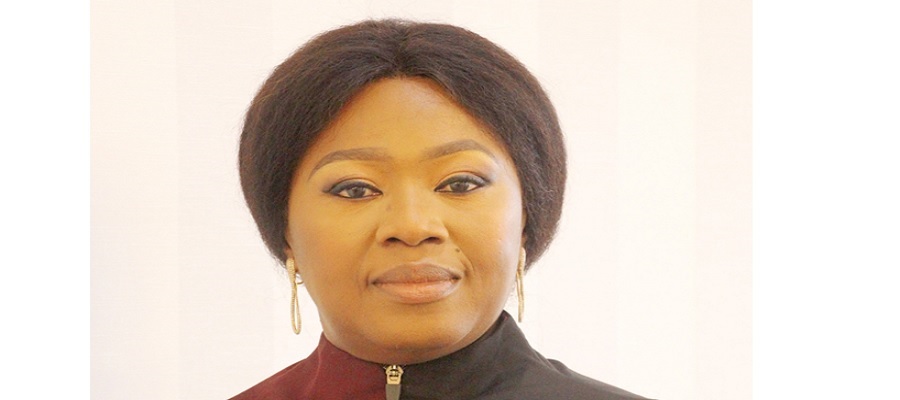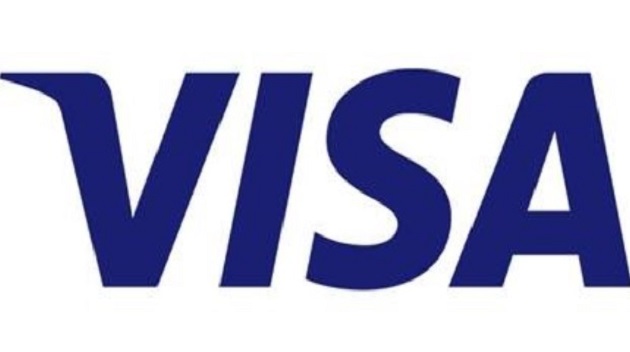E-Business
Microsoft gives Away More Office Software to Attract Mobile Users

Microsoft Corp made its popular Word, Excel and PowerPoint applications available for free on Android tablets on Thursday, marking the latest step in its drive to get as many mobile customers as possible using its software.
It also released an app for its popular Outlook email program to run on Apple Inc’s iPhone and iPad, hoping to attract the millions of users familiar with Outlook from their work desktops.
The new releases are the latest gambits in Satya Nadella, chief executive officer’s attempt to wrest back the initiative in the battle for mobile users, where Microsoft has fallen behind Apple and Google Inc.
Nadella broke with decades of tradition last March by releasing a free, touch-friendly version of Office for Apple’s iPad, before such software was even available for Microsoft’s Windows devices.
By giving away its industry-standard Office apps on Apple’s popular iOS and Google’s Android operating systems, Microsoft is looking to build up a base of users which it can later persuade to sign up for Office 365, the full, Internet-based version of Office starting at $7 a month for personal users.
Microsoft has been offering test versions of the Office apps on Android for almost three months, but Thursday marks the first day they are available as finished products from the online Google Play app store.
Word, Excel and PowerPoint, the key elements of Microsoft’s top-selling Office suite of applications, have been a hit on Apple’s mobile devices, with 80 million downloads since last March, according to Microsoft.
Microsoft plans to release new, touch-friendly versions of its Office apps for Windows devices later this year when it releases the Windows 10 operating system.
The new Outlook app, based on a popular app made by Acompli, which Microsoft bought in December, will allow iPhone and iPad users much easier ways of linking email to calendars and working with file attachments. Microsoft is also releasing a test version of the Outlook app for Android users.
E-Business
Google Increases Price of Google One Subscription in Nigeria

Google has increased the price of its Google One subscription in Nigeria.

The tech giant, in a note to its customers, said, “Price will automatically increase to N1,900/month on 28 Mar 2025 for your Google One subscription. Cancel at any time in Google Play.”
The old price was N1,200. Google One, a cloud storage service offered by Google LLC, provides users with a centralised platform to manage their storage across Google Drive, Gmail, and Google Photos.
It added that subscribers who do not cancel their subscription will be charged automatically on the payment method they provided.
E-Business
We Are Bringing the Change in Technology Distribution – Chioma Ekeh, TD Africa MD

In the world of technology and entrepreneurship, few names resonate as powerfully as Mrs. Chioma Ekeh, CEO of TD Africa, Africa’s leading technology distribution powerhouse.

Mrs. Chioma Ekeh, CEO of TD Africa
A media-reclusive entrepreneur and quiet achiever, she has made a name for herself not with loud proclamations but through consistent actions that have shaped the trajectory of the continent’s digital economy.
She has steered the company to unprecedented heights, forging strategic partnerships with global giants such as HP, Microsoft, Apple, Starlink, IBM, Dell Technologies, Ring (by Amazon), Cisco, Lenovo, APC by Schneider Electric, Samsung, Bosch, Philips, Logitech, and Vivo.
These collaborations have not only strengthened TD Africa’s position as a market leader but have also contributed to the growth of Africa’s tech ecosystem.
At the recently held Accra Synergy Summit, a high-profile event held in Ghana that brought together top strategic partners and Original Equipment Manufacturers (OEMs), Mrs Ekeh made a bold declaration: “We are no longer waiting for change — we are driving it. We are no longer spectators in the digital revolution — we are architects, engineers, and visionaries shaping the future.” This statement, emblematic of her visionary leadership, underscores her commitment to driving Africa’s tech renaissance.
Ekeh’s words are not mere rhetoric; they are backed by tangible achievements and a deep understanding of Africa’s digital potential. The data speaks for itself.
According to the International Finance Corporation (IFC), Africa’s digital economy is on track to reach $180 billion this year, with projections indicating it will soar to an astonishing $712 billion by 2050.
This growth is not just an increase in numbers — it signifies a paradigm shift in how Africa engages with technology and innovation.
With over 570 million internet users today, Africa is undergoing an unprecedented digital awakening, a number expected to double by 2030 according to the World Bank.
From financial inclusion to business automation, Africa is embracing the digital age at an accelerated pace, with 70% of global mobile money transactions already occurring in sub-Saharan Africa.
This widespread adoption is a testament to the ingenuity and resilience of African entrepreneurs and businesses.
The continent’s tech ecosystem is also attracting significant global attention. In 2022 alone, African tech startups secured over $6.5 billion in investments, a clear testament to the world’s belief in Africa’s digital future.
Ekeh’s message is clear: Africa’s future is bright but requires collective effort.
Rapid transformation does not happen in a vacuum. It is built on strategic collaborations and forward-thinking leadership.
According to Ekeh, “This renaissance is not happening in isolation. It is built on the foundation of strong partnerships. It is fuelled by collaboration — between businesses, governments, and technology enablers like TD Africa. Each of us has a role to play in ensuring that Africa doesn’t just adopt technology but creates, innovates, and leads.”
Her words serve as a rallying cry for businesses, governments, and individuals to strengthen partnerships, increase investments, and take bold steps toward excellence. “Africa is no longer just a consumer of technology. Africa is a builder. Africa is no longer following global trends. Africa is setting them. Africa is no longer waiting for the future. Africa is the future,” she concluded.
Chioma Ekeh’s leadership and vision are a testament to what can be achieved when passion, innovation, and collaboration come together.
As Africa continues its journey toward a tech-driven future, her words and actions remind us that the power to shape tomorrow lies in our hands today.
TD Africa has remained at the forefront of Africa’s tech revolution as the market leader in technology distribution.
Under Ekeh’s leadership, the company has not only expanded its portfolio of global partners but has also facilitated the seamless deployment of innovative tech solutions across various sectors.
By empowering businesses with cutting-edge technology, TD Africa is laying the groundwork for an Africa that does not just consume technology but pioneers it.
E-Business
Visa Eyes $1.3 Trillion Digital Opportunity in Africa

Africa’s digital payments landscape holds immense potential, with $1.3 trillion in cash transactions across the continent yet to be digitized.

This is according to Visa, which provided insights on the digital payments landscape in Sub-Saharan Africa during the Visa Security CEMEA Summit, held in Cape Town on Tuesday.
Aida Diarra, senior vice president and head of Sub-Saharan Africa at Visa, said that cash-based economic activities present a significant opportunity for merchants and consumers to digitise their operations, creating a multiplier effect to drive financial inclusion and economic development.
Diarra attributes Africa’s continued use of cash to various factors, primarily the restricted availability of digital payments, which impacts over 200 million people across the continent.
The primary factor holding back adoption is access, she said. “Technology is now offering us the possibility to better drive the access. We can now embed a card credential into a wallet to make a payment from your phone.”
She added that the recent increase in reach of such solutions has led to an acceleration of digitised payments. “There is a 20% growth, year-on-year, of digital payments and it’s driven by that (improved reach).
In addition to improving access, there’s a need to improve acceptance of digital payments too.
“In order to pay, you need to have merchants that accept payments, and here again, technology is a phenomenal driver; look at the merchant’s ability to use their phone as an acceptance device.”
According to Visa, only eight million merchants on the continent accept digital payments, with 44 million still not heeding the call to transition to digital payments.
Diarra said Africa accounts for 70% of mobile money globally and players such as Fintechs, mobile network operators, micro-lenders, and e-commerce players are pushing the continent’s mobile first agenda.
When it comes to alternative digital payments solutions like cryptocurrency, she says the big African markets will have the first mover advantage because of the landscape they operate on, with markets like South Africa, Kenya, and Nigeria already leading the pack in cryptocurrency usage, not only in Africa, but globally. She optimistically notes that because of the opportunity technology presents, other markets have room to leapfrog.
She explains: “A few years back, looking at landlines and the numbers of households that did not have access, and then with mobile telephony coming, we went past that and created further access.
“The big economies will probably lead the (cryptocurrency) charge. With this, cost comes down, technology becomes nimbler, and adoption would be accelerating in other markets.”
Because of the DNA of the ecosystem in some markets and challenges to access hard currency, crypto is leveraged in these markets to issue and make payments, Diarra said.
“This is something we need to continue to monitor, and that is likely to continue to grow. The good news is that regulators are beginning to appreciate this is a trend that’s here to stay, and that there needs to be proper rules and frameworks to make sure that they fully have visibility and continue to enable the use of such capabilities,” she concludes.

 Telecom3 days ago
Telecom3 days agoSpaceSail, Kuiper Battle Starlink for Souls of Customers

 E-Financial3 days ago
E-Financial3 days agoAfDB, Standard Bank Unite to Support SMMEs and Boost Trade

 News3 days ago
News3 days agoTD Africa’s Accra Synergy Summit to Ignite Tech Transformation in Ghana

 News3 days ago
News3 days agoFuel Scarcity Looms as Marketers Threaten Strike over N100Bn Debt

 Broadcasting3 days ago
Broadcasting3 days agoMultiChoice Announces Fresh Price Hike for DStv, GOtv Packages

 E-Business3 days ago
E-Business3 days agoGmail to Replace SMS Codes with QR Authentication

 News3 days ago
News3 days agoNigeria’s Zuriel Oduwole Nominated for 2025 Nobel Peace Prize

 Telecom2 days ago
Telecom2 days agoStarlink Becomes Nigeria’s Second-Largest ISP, Overtakes FiberOne



























